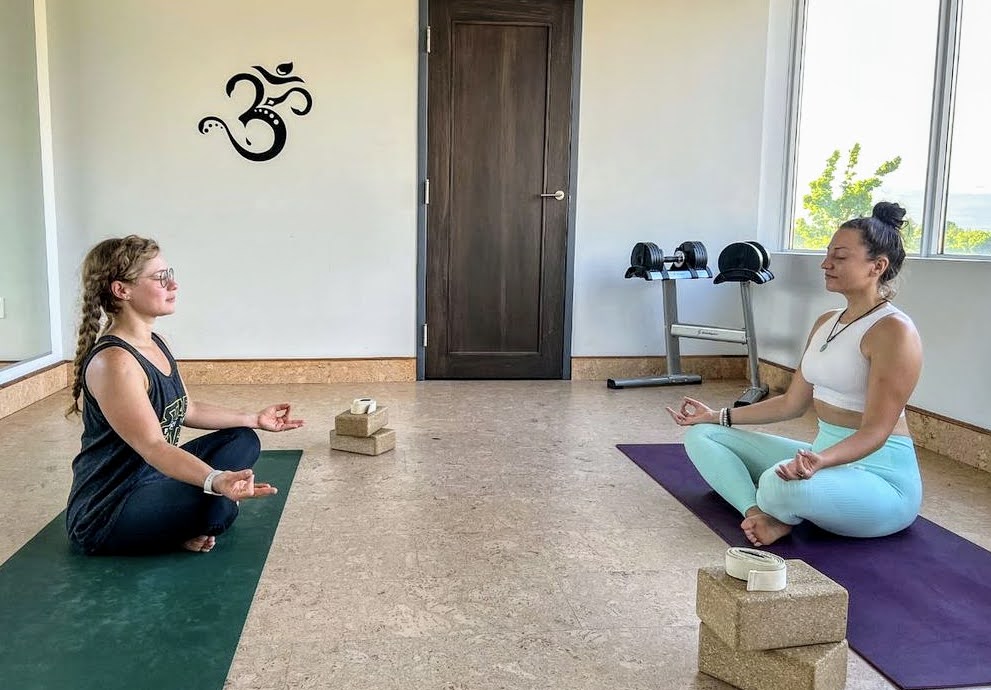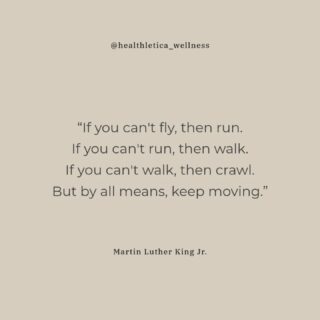Today, we are living in a society with the highest record of mental and emotional health issues than ever before. According to the Government of Canada, 1 in 3 Canadians will be affected by mental illness in their lifetime (2020), meaning that this is an urgent and current health concern. Mental illness impacts our day-to-day lives and can even impact the people around us, which is why it is important to seek new methods that can help with mental health concerns.
There are many ways to better mental health, and studies show that yoga is a natural, daily tool that can be implemented in our lives to improve our mental health and well-being.
The word “yoga” is originally a Sanskrit word, meaning “union”, which means that yoga is the definition of two or more things being united or connected to one another. It is meant to unite the physical, mental, emotional, and spiritual components of ourselves, and by engaging in the practice of yoga, physical and mental freedom and peace can be experienced. While yoga is often practiced as a physical exercise, its goal is not just to help our body feel good, but to help our mind and soul feel good as well.
So how does practicing yoga concretely improve the state of our mental health?
Improved Physical Abilities
The first benefit of doing yoga is undoubtedly improved physical abilities. It is proven that yoga helps to build muscle mass and maintain physical strength, and these are important factors in protecting from conditions such as arthritis, osteoporosis, and back pain (Woodyard, 2011). The exercises practiced in yoga include the tightening and relaxing of muscles, relieving physical tension, and therefore stress. Not only is there muscle improvement, but studies show that yoga can improve breathing and “enhance autonomic nervous system (ANS) regulation… individuals develop skills in remaining calm in times of challenge through deep breathing, mindful awareness, and attention” (Park & Slattery, 2021). Special breath training in yoga helps to bring more oxygen to the brain, decreasing anxiety. Our physical well-being is directly linked to our mental well-being, and when we improve our physical functions, our mental health is also improved.
Improved Brain Function and Mood
The second benefit of doing yoga is improved brain function, which ultimately leads to an improvement in our mood. It can have positive impacts on disorders such as anxiety, depression, and PTSD, as brain cells develop new connections and significant changes occur in the brain’s structure and function (Harvard, 2021). Yoga can also affect mood by producing helpful brain chemicals, such as gamma-aminobutyric acid (GABA), which is associated with better mood and decreased anxiety (Harvard, 2021), and “can shift autonomic balance towards the parasympathetic branch of the autonomic nervous system, thereby reducing the hyperactivation of the amygdala and elevated cortisol levels that often accompany PTSD” (Park & Slattery, 2021). What this means is that by working our muscles, our heart rate increases and certain systems in the body are activated, which stimulate the release of helpful brain chemicals that improve mood and decrease anxiety and depression. As the mind goes into a state of relaxation and focus, yoga can provide relief from excess stimulation and stressors, which can help with both acute and chronic stress (Woodyard, 2011). Given this evidence, yoga can be considered exercise not just for the body, but for the brain as well, improving overall quality of life.
Improved Sleep
A third amazing benefit of yoga on mental health is improved sleep. Many studies have shown that when yoga is practiced regularly, we fall asleep faster, sleep for longer, and feel more well rested in the morning (Woodyard, 2011). What this means for our mental health is that yoga can increase the quality, quantity, AND efficiency of sleep, because sleep is less likely to be disturbed when your body and mind are calm and relaxed. And when you have sufficient sleep, your brain and muscles have improved function.
Overall, there are many positive impacts on our mental health that come from doing yoga. Our muscle strength, breathing, brain function, mood, sleep, and all other physical and mental capabilities are so intertwined, and yoga benefits every single part of our well-being! Now, the best way to reap those benefits is to enroll in a yoga class. By being surrounded by others with the same motivation as us, we are more likely to strive towards reaching our goals and can share a safe space with others that are also seeking to improve their daily lives and overall physical and mental health.
Article written by Selah Mikelson

Join us at Healthletica
Get in touch with us at Healthletica to see which class is right for you.
It is important to remember that while yoga is a low-risk activity, performing the moves improperly could cause injury or strain on the body. If you have concerns about your form, strength, or flexibility, Healthletica offers private yoga sessions so you can learn proper alignment for yoga poses and modifications for your personal limitations. Healthletica also has an awesome physiotherapy program AND strength training classes program that promotes strength and mobility training, so you can get even more benefits out of yoga!
Start taking care of your mind, body, and soul, starting at Healthletica.
References
(2021). Yoga for better mental health. Harvard Health Publishing. Retrieved from: https://www.health.harvard.edu/staying-healthy/yoga-for-better-mental-health
(2020). Mental Illness in Canada. Government of Canada. Retrieved from: https://health-infobase.canada.ca/datalab/mental-illness-blog.html
Park, C, Slattery, J. (2021). Yoga as an Integrative Therapy for Mental Health Concerns: An Overview of Current Research Evidence. Psychiatry International. 2(4), 386-401; https://doi.org/10.3390/psychiatryint2040030
Woodyard, C. (2011). Exploring the therapeutic effects of yoga and its ability to increase quality of life. International Journal of Yoga. Retrieved from: https://www.ncbi.nlm.nih.gov/pmc/articles/PMC3193654/








